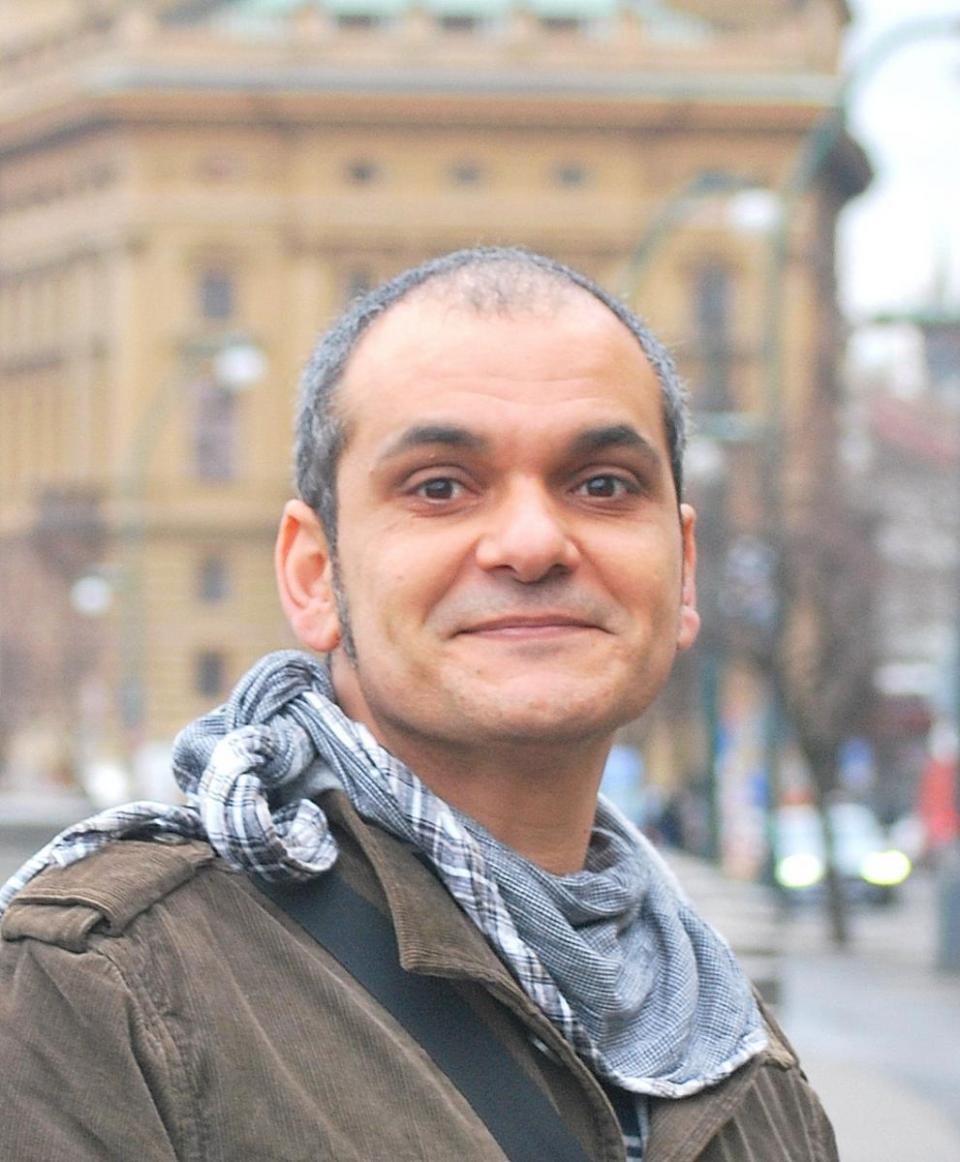Mihai Surdu
This project aims to highlight how scientific inquiries and political activism, both targeting Roma in Europe, have led to a significant reification of the Roma ethnicity. It demonstrates that the circulation of biohistorical narratives, classificatory practices and sampling strategies connects various social domains, such as social sciences, police surveillance, genetics, policy making and Romani activism, all invested in the shaping and stabilizing of Roma groupness. The project seeks to map the interdisciplinary dynamics driving this knowledge co-production. I scrutinize in depth the most influential Roma-related genetic papers starting with 1921 until today in their context of knowledge production under different policy regimes and critically assess the sampling strategies employed in genetic samples of Roma. Furthermore, the project analyses how making up samples and selecting genetic markers enacted the technologies of difference and reinforced division lines between Roma and non Roma. It concludes with an assessment of ethical and political implications.

